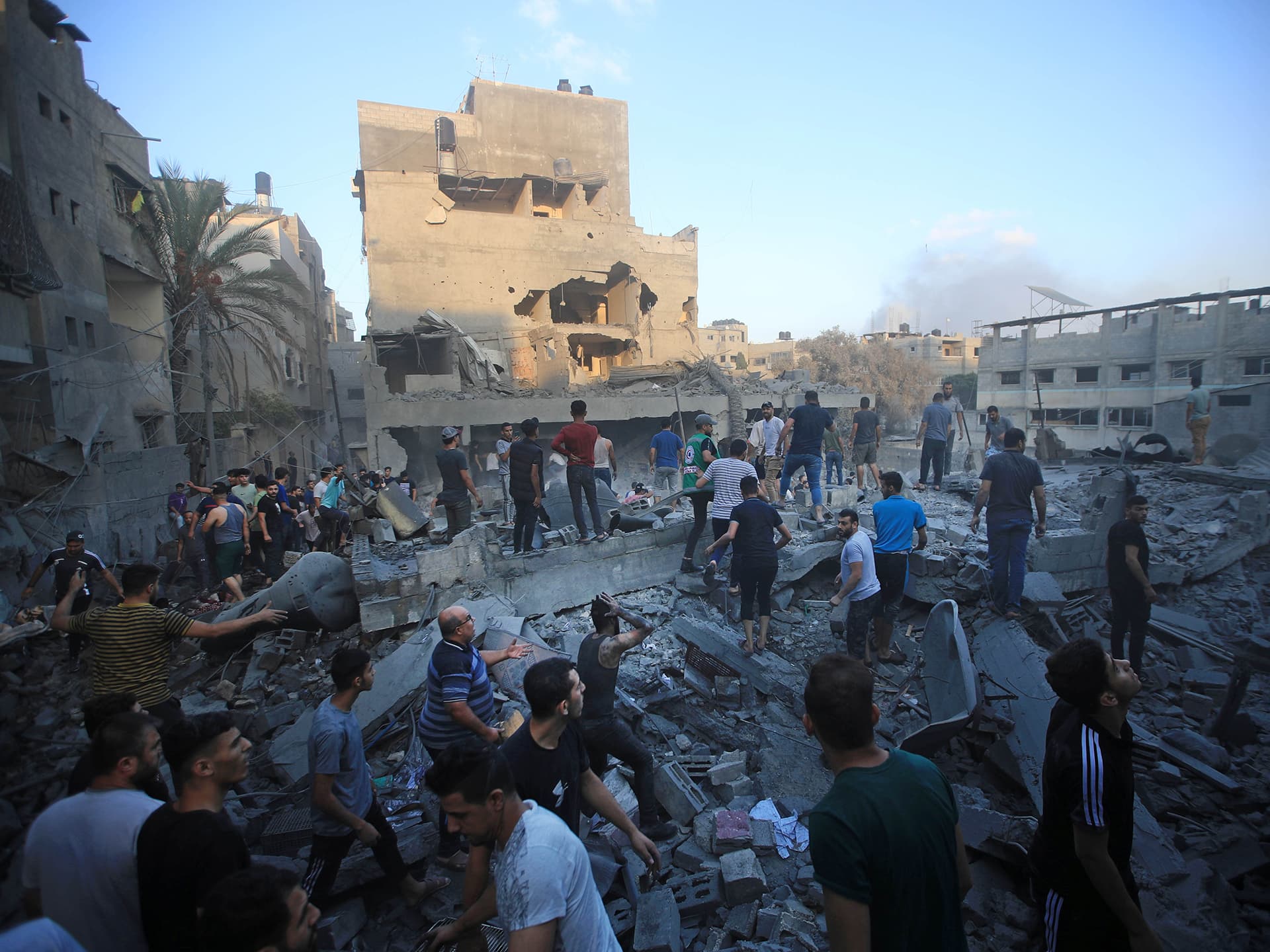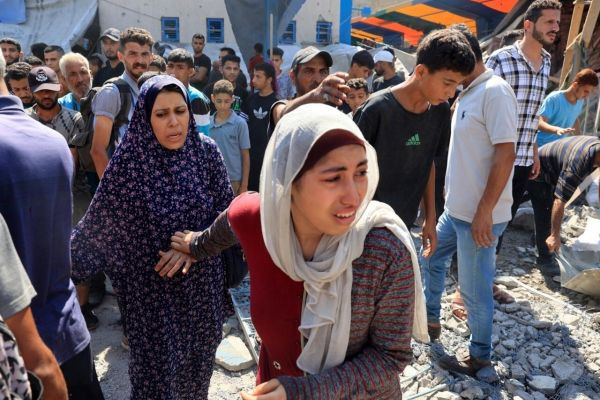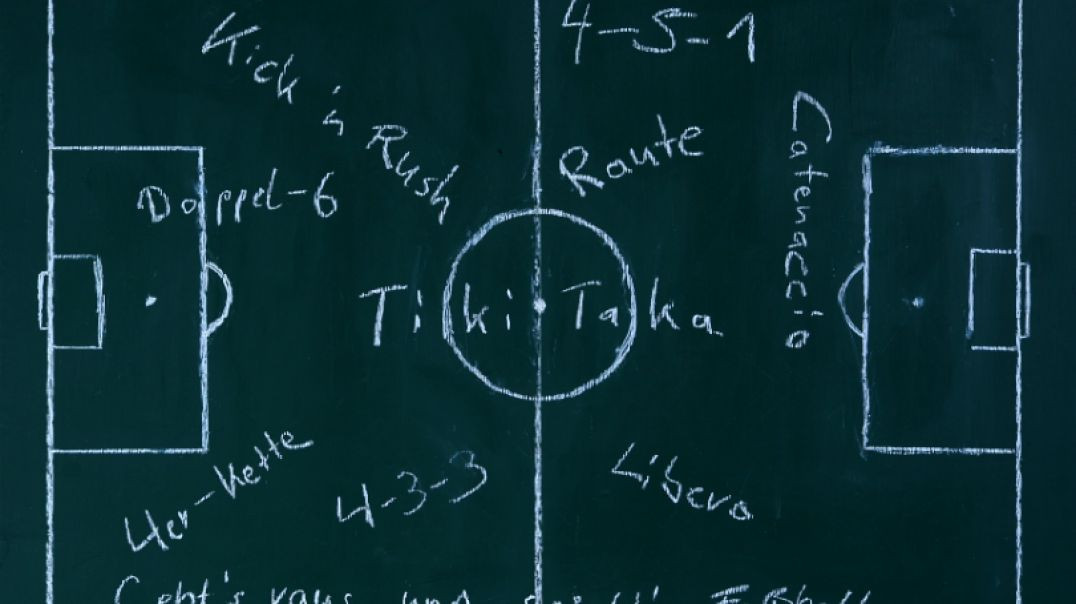A devastating airstrike on a Gaza school-turned-shelter has once again placed the Israel-Gaza conflict in the international spotlight. On [insert date], Israeli forces targeted multiple locations across Gaza, including a United Nations-run school housing hundreds of displaced civilians seeking refuge from the ongoing violence. The attack has drawn widespread condemnation from humanitarian organizations, governments, and citizens worldwide as it resulted in significant civilian casualties, many of whom were women and children.
As tensions between Israel and Hamas escalate, the strike has raised crucial questions about the targeting of civilian infrastructure in warfare, the proportionality of Israeli military operations, and the protection of civilians in conflict zones. The incident is also stoking fears of an even broader humanitarian crisis in Gaza, as the population grapples with a lack of safe spaces amidst relentless bombardment.
The Attack on the School: A Tragic Event Unfolds
The school that became the latest victim of the Israeli military campaign was one of several United Nations Relief and Works Agency (UNRWA) facilities in Gaza, intended to serve as a shelter for displaced Palestinians. With Gaza’s infrastructure collapsing under the strain of the war, many families who lost their homes turned to these schools as safe havens. At the time of the strike, the school was reportedly sheltering more than 500 civilians, including young children, the elderly, and the disabled.
Eyewitness accounts from survivors paint a picture of chaos and horror. According to a father who survived the attack, “We thought the school was the safest place for us. Suddenly, we heard explosions, and everything was covered in smoke. There were screams everywhere. My children are still in shock.” Another resident described carrying his wounded wife from the rubble, unaware of whether his relatives had survived.
Palestinian health authorities have confirmed dozens of deaths and injuries from the school strike, but the true toll may not yet be fully realized as rescuers continue to search for survivors in the rubble. Medical facilities, already overwhelmed by previous strikes and a severe shortage of supplies, are struggling to treat the growing number of casualties.
Israel's Response: A Justification of Self-Defense
The Israeli Defense Forces (IDF) have defended the attack as part of their ongoing military operation aimed at dismantling Hamas’ military infrastructure and leadership. According to an official statement, the school had been “repurposed by Hamas as a launch site for rocket attacks,” which they claim justified the strike under the rules of engagement. The IDF reiterated that it had given prior warnings to civilians in Gaza to evacuate areas where Hamas operatives were thought to be hiding, although many have noted the near impossibility of finding safety in such a densely populated and besieged area.
Israel has consistently framed its military actions as acts of self-defense in response to the continued barrage of rockets fired into Israeli territory by Hamas and other militant groups. Since the latest round of hostilities began, thousands of rockets have been launched at Israeli cities, resulting in the deaths of several civilians and forcing millions to seek refuge in bomb shelters. Israeli Prime Minister [insert name] declared, “We have the right and duty to protect our citizens from terror. Hamas deliberately places its military operations near civilian structures to use human shields. We do everything we can to minimize civilian casualties, but our priority remains the security of Israel.”

Civilian Suffering in Gaza: A Humanitarian Catastrophe
While Israel justifies its actions as necessary for its national defense, the humanitarian crisis in Gaza is becoming increasingly dire. The densely populated enclave is home to more than two million people, and with nowhere to flee, civilians are bearing the brunt of the violence. The airstrike on the school has added to the growing civilian death toll, which the Gaza Health Ministry reports has reached over [insert number] since the hostilities began.
Hospitals in Gaza are struggling to cope with the surge in casualties, operating with dwindling medical supplies, electricity, and clean water. Dr. [insert name], a surgeon at one of Gaza’s main hospitals, said, “We are in a nightmare. The hospital is overcrowded, and we are running out of essential medicines. Every day, we receive more wounded than we can treat. The situation is beyond catastrophic.”
Meanwhile, humanitarian organizations, including the United Nations, Red Cross, and Médecins Sans Frontières (Doctors Without Borders), have called for an immediate ceasefire and demanded that both parties in the conflict respect international humanitarian law. The UN’s Secretary-General [insert name] condemned the strike on the school, calling it “an unacceptable breach of international norms,” and warned that the continued targeting of civilian infrastructure could constitute war crimes.
International Reaction: Calls for Restraint and Ceasefire
The attack on the school has sparked a global outcry, with several nations urging Israel and Hamas to de-escalate the conflict and return to negotiations. European Union leaders, in a joint statement, called for “immediate restraint” and urged both sides to adhere to international law regarding the protection of civilians. French President [insert name] expressed his deep concern over the rising civilian casualties, adding that “violence must not target innocent people, particularly those seeking refuge in shelters.”
Across the Atlantic, the U.S. administration has found itself walking a tightrope in its response. Historically one of Israel’s closest allies, the United States has emphasized Israel’s right to self-defense but has also called for greater protection of civilians. President [insert name] reiterated the U.S.’s position on Israel’s security while calling for an immediate ceasefire to prevent further loss of innocent life. “The images from Gaza are heartbreaking,” he said, “We urge both sides to avoid further escalation and work toward a peaceful resolution.”
However, international condemnation has not been limited to diplomatic statements. Protests have erupted in several major cities, including London, Paris, and New York, with demonstrators calling for an end to Israeli airstrikes and an immediate ceasefire. Protesters carried signs reading “Stop the Killing” and “End the Siege of Gaza,” highlighting the growing discontent with the ongoing violence.
A Prolonged Conflict: The Cycle of Violence Continues
The airstrike on the school is the latest tragic chapter in the broader Israel-Gaza conflict, which has seen multiple rounds of fighting over the years, with devastating consequences for civilians on both sides. Since Hamas took control of Gaza in 2007, Israel and Gaza militants have engaged in numerous confrontations, with intermittent ceasefires offering only temporary reprieve from the cycle of violence. The underlying issues—such as Israel’s blockade of Gaza, the political impasse between Hamas and the Palestinian Authority, and ongoing Israeli settlement expansion in the West Bank—remain unresolved, making future flare-ups almost inevitable.
While diplomatic efforts have sought to mediate a lasting peace, the entrenched positions on both sides have made negotiations difficult. For the people of Gaza, living under the constant threat of bombardment, and for Israelis, subjected to rocket fire, the prospect of a peaceful resolution seems ever more distant.
Conclusion: The Urgent Need for International Action
As the conflict between Israel and Gaza rages on, the humanitarian cost continues to mount, with civilians paying the highest price. The airstrike on the school-turned-shelter in Gaza is a stark reminder of the vulnerabilities of those caught in the crossfire and the urgent need for a lasting solution. While Israel asserts its right to defend itself, and Hamas continues its resistance, the international community must step up its efforts to broker peace, ensure accountability, and protect the innocent lives that are being lost.
The situation in Gaza requires immediate international intervention, not only to end the current violence but also to address the root causes of the conflict. Without sustained diplomatic engagement and a focus on human rights, the cycle of destruction will only continue, with tragic consequences for both Israelis and Palestinians.



